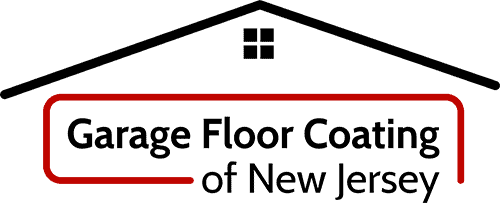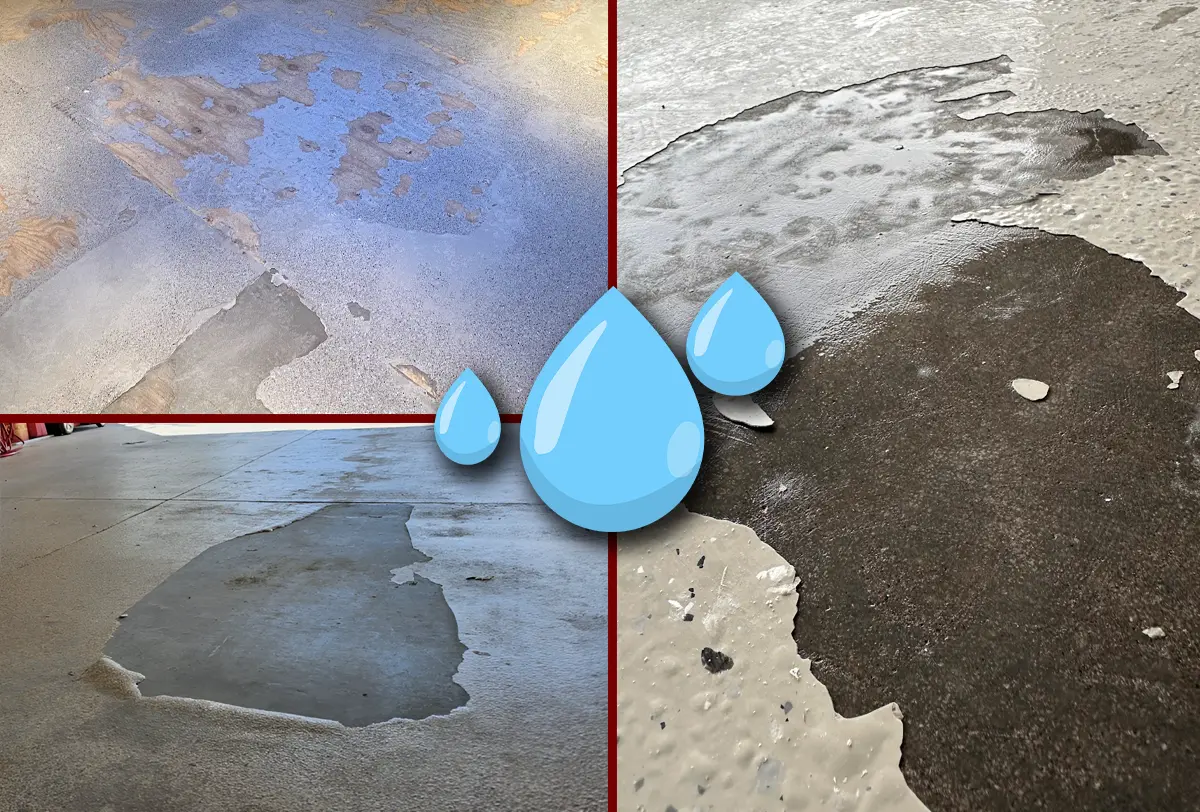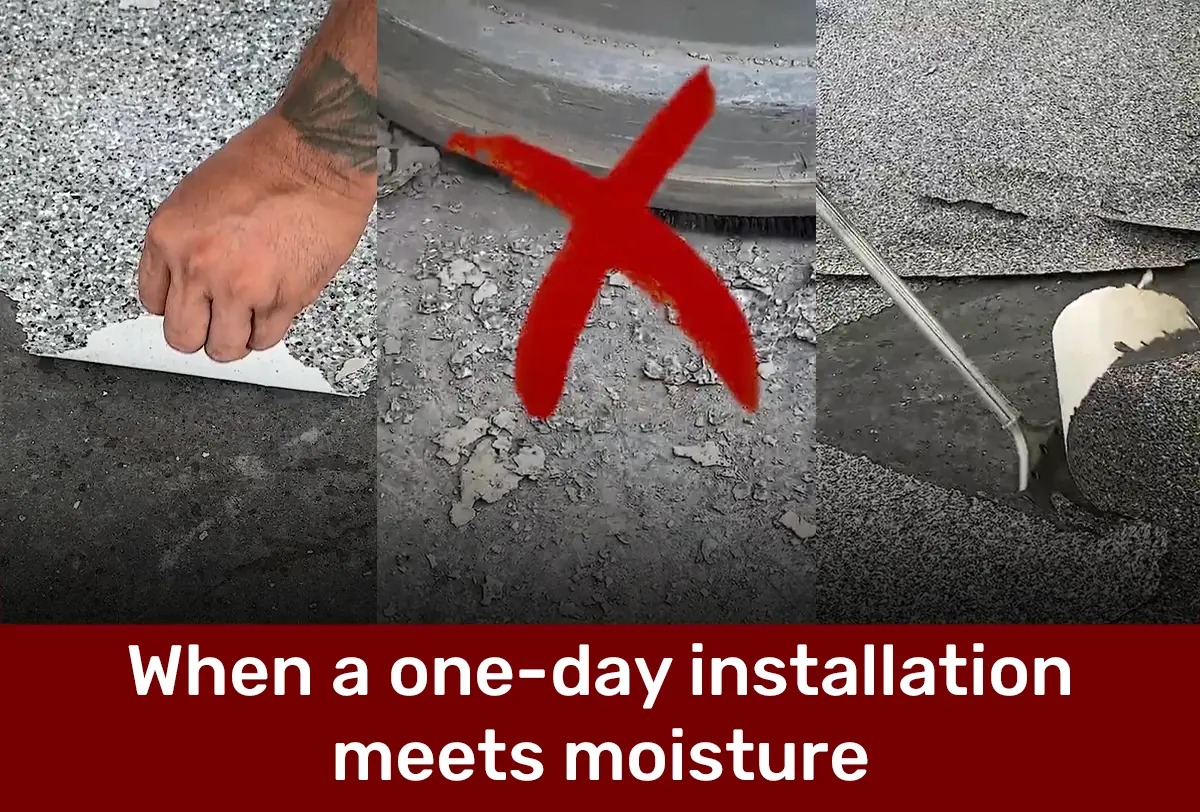In New Jersey, the combination of coastal humidity and fluctuating temperatures can create a perfect storm for moisture issues in coated garage floors. Homeowners often underestimate the impact of trapped moisture beneath concrete surfaces. Without proper assessment, this moisture can lead to peeling and delamination of floor coatings, which means repairs and re-installations down the line. Nobody wants that!
Here’s how it works:
Concrete is porous and moisture wicks up through it in a process called moisture vapor transmission. In medium to high moisture conditions, it creates high hydrostatic pressures that push the coating away from the concrete. This problem frequently arises within six to twelve months after installation, often due to shortcuts taken by one-day polyurea contractors. These quick installs may seem appealing, but they usually overlook the crucial step of moisture assessment.
What should I do about it?
Get a professional who isn’t afraid to spend some time on their craft. The pros understand the importance of thorough moisture evaluation. They check for visible signs of moisture, such as efflorescence and dark spots, and use calibrated moisture vapor transmission meters to gather accurate readings. If medium to high moisture levels are detected, a moisture-mitigating epoxy primer is applied. This primer penetrates deeply into the concrete, setting the stage for a flake broadcast and two polyaspartic clear topcoats.
What is not used is a polyurea direct-to-concrete. Polyureas are fast-curing coatings that cure faster still in the presence of moisture. The speedy cure rate (<1 hours) prevents the polyurea primer from properly penetrating and bonding with the concrete substrate.
Beyond the technical aspects, it’s worth noting that New Jersey’s building codes and regulations can also play a role in choosing the right garage floor coating. Adhering to local standards ensures that your garage floor is not only durable but also compliant with safety requirements. This attention to detail adds value to your home and helps maintain property standards within your community.
We can’t stress it enough: Investing in a professional installation that includes proper moisture assessment, concrete preparation, and selection of the proper primer coat, is essential. Not only does it prevent premature failures, but it also ensures a resilient garage floor that enhances your home’s aesthetic appeal. By addressing moisture issues from the outset, you can enjoy a long-lasting garage floor that stands up to New Jersey’s unique climate and regulatory demands.


